Today turned out to be a great day!
Conversation Cafe made an adjustment after I heard, through Lindsay, the students' critique on yesterday's session.
Lindsay teaches Sociology of the Family and requires students to attend one Cafe session per quarter. Her students debriefed with her in class today and wanted her to share with me their recommendations for a more student-centered approach, one that would listen to their experiences at their service sites and allow for more dialogue.
So tonight we made time for hearing stories and engaging in dialogue as a way to reflect on experience. During introductions we each provided a recent example of a community service scenario in which we felt we were on our "cutting edge". I began with my story from last weekend when Maizie, my four-year-old granddaughter, and I were at a church activity to talk with Leo, Tent City 4 resident and founder of the first Tent City in Seattle. Maizie told me she did not want to meet Leo and I shared how I realized that this was a moment when I could backdown and leave with my granddaughter, or, continue with my plans to meet with Leo, allowing Maizie to observe from afar. Though she resisted, at first, once she could see that I was confidant and comfortable in conversation with Leo, she joined in and began talking to both of us.
Here's a summary of what others shared:
1. Learning what it can mean to observe a "difficult" three year old show vulnerability and the need to be cared for gently.
2. Feeling really successful when community partner, college student and children work as a team to solve a problem.
3. Helping a child begin the journey of literacy through trusting a service dog.
4. Becoming aware that there are rules for safety around how to interact with children.
5. Becoming aware of the statistics on child abuse and why training is important.
6. Building a house with Habitat for Humanities and finding connections to the need for affordable housing, support to those who are currently homeless, and youth development as prevention.
7. Recognizing ways to help connect volunteers to a good match for service.
8. Working with an elder with dementia who spoke for the first time in a long time after hearing a story read by the volunteer.
9. Working to fundraise to keep projects going for youth.
10. Working to provide access to articles about our service learning collaborations.
We also discussed what we think it means to change the world through community service.
Subscribe to:
Post Comments (Atom)
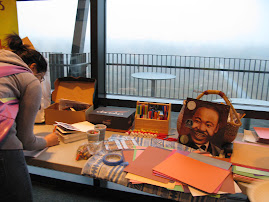
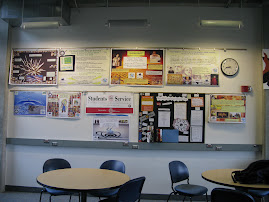
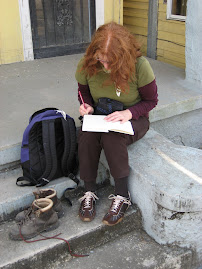
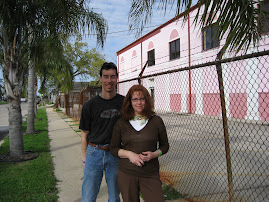
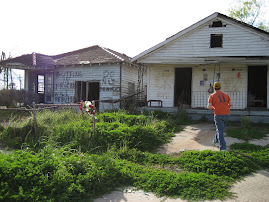
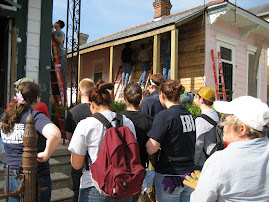
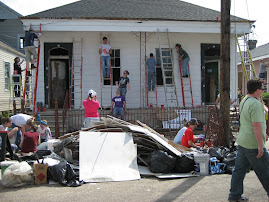
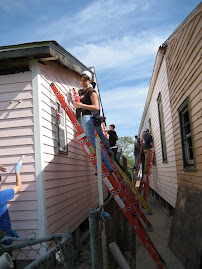
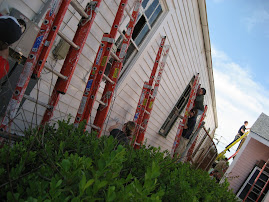

No comments:
Post a Comment